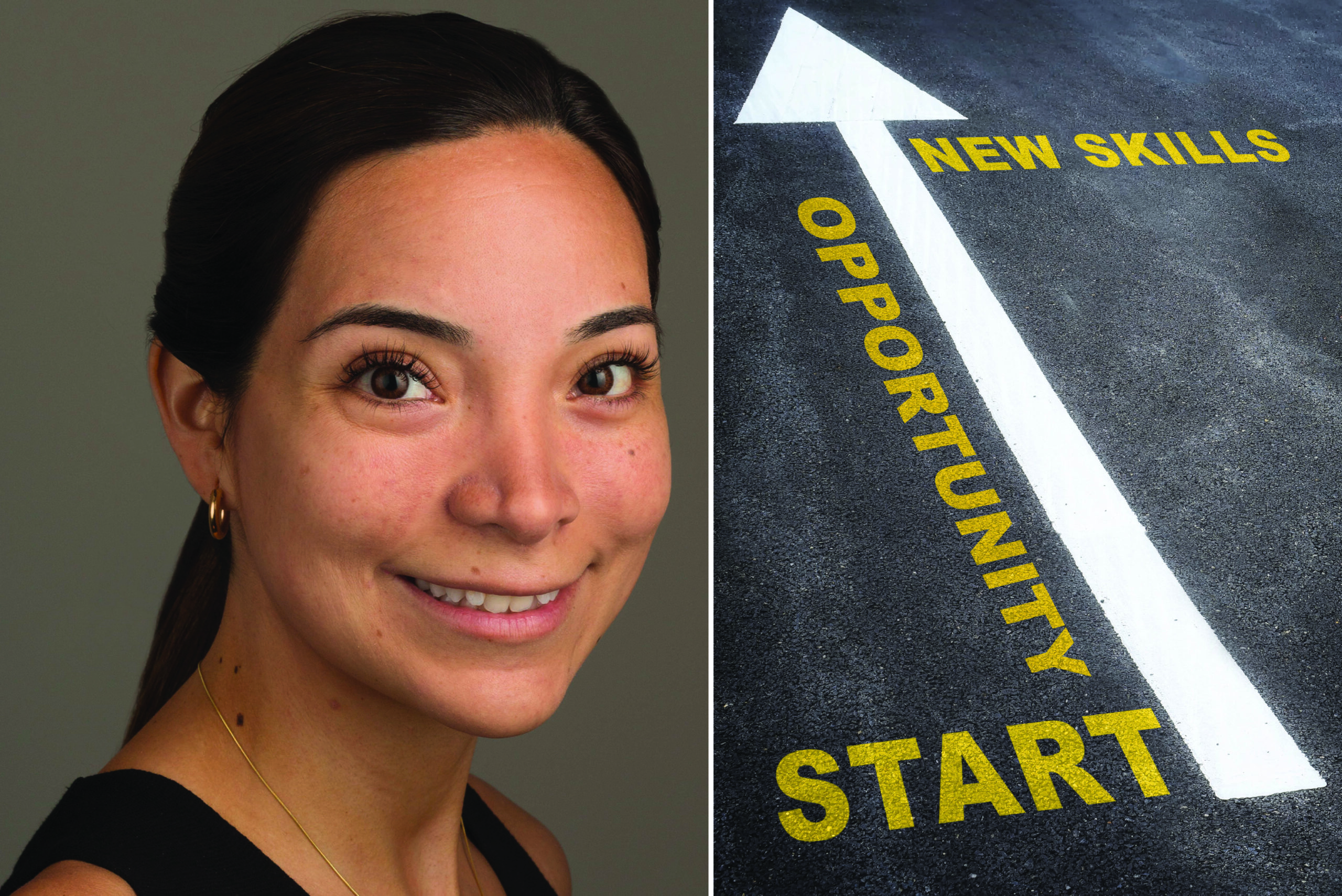
Overview: The theme of the Boston University Clinical and Translational Institute (BU CTSI) is to create novel approaches to improving the health of disadvantaged at risk individuals through the lessons learned from translational research. We present a banner of our Partner and Affiliates to set the stage for understanding the nature of this commitment. BMC, BACO, BostonHealthNet, and our two VA affiliates are all heavily invested in the care for special populations who suffer poor health and outcomes from a number of “Risks,” including low socioeconomic status, urban environment, mental illness, ethnicity, race, language barriers, homelessness, dementia, gender declaration, sexual orientation, addiction and the extremes of life. The BU CTSI was founded in 2008 to address these inequities through partnership with these communities in research that we consider essential for improvement of health outcomes. In that regard, we have been a dynamic hub that uses objective hub-specific feedback and evaluation for continuous improvement of every program. Our overarching organizational structure enables our entire translational research community to function at the highest level through collaboration.
BU CTSI Vision
The BU CTSI’s vision is to be the strongest possible advocate for and participant in translational research that serves the health needs of our diverse patient populations by creating superior resources that can be integrated with the national CTSA network.
Vision for Workforce Development. A successful research enterprise requires talented, creative investigators working within research teams. The teams should be comprised of trained professionals, faculty and scholars all with clearly defined responsibilities who meet appropriate competencies and have opportunities to grow professionally. Our first global vision is to optimize the success of research teams by providing each member of the team with the necessary training, competencies and accreditation for career development, including participatory and leadership skills in team science. We view this as a particular strength of the BU CTSI.
Vision for a Translational Research Environment. Our vision of a research environment or community rests in the power of inclusiveness. We are committed to the concept that stakeholder members of the BU CTSI Hub have an obligation to identify opportunities to improve, by partnering with each other and with other CTSA hubs. Locally, these goals are described in our Program Plans. Nationally, our goal is to create at least one new inter-Hub collaboration each year. This goal is a standing agenda item in every External Advisory Committee and each monthly Executive Committee meeting in which we explore how to best engage the full spectrum of our community (universities, hospitals, health care settings, scientists, clinicians, patients, advocates, trainees, research teams, foundations, NIH and industry). We actively incentivize and reward new ideas with institutional resources.
Vision for Participatory Community Interactions. Our vision of the BU CTSI community is broad-based and highly integrated among the health care systems, our patients, translational scientists and their funding sources, clinicians, and industry. The overall vision is to support a hub with components and programs all with multidirectional collaborations and interactions. The unique theme of engagement of the BU CTSI with its larger community is symbolized in the historical relationship to an at-risk, urban URG patient population that has driven our health related research. We recognize that we must catalyze our community partnerships to reach beyond traditional laboratories and relationships to test new approaches. To do this, we developed an urban laboratory with all essential elements of a fully functional Practice-Based Research Network (PBRN) and Clinical Data Research Network (CDRN) (see C. Community and Collaboration; C&C). This laboratory, along with help from our multiple, coordinated Community Advisory Boards (see A. Admin Component), identifies populations that are ready to participate in research and the types of research that are of interest. We have improved our capacity to participate in CTSA network trials by developing a skilled workforce that reflects our community diversity. The networks are supplemented by team science investments, pilots and subsidized research resources (see C&C and Pilot programs) and have helped engage Industry and categorical NIH Institutes in specific disease related initiatives (e.g., NHLBI and NCI support of research in sickle cell disease).
Vision for Support of Translational Research across the Lifespan. In 2009, in response to a growing need in engaging our at-risk, low income, pediatric population (>65% URG) in translational research we created a pediatric Recruitment and Retention Core. This unit has dedicated personnel and services for identifying potential pediatric subjects (see F. Hub Capacity, ISP) and personnel to help with recruitment into studies. Having serviced 12 clinical trials since 2008 with an average 91% follow-up rate, the pediatric R&R Core plan was judged to be so successful that in 2015 we expanded it to the entire lifespan at BMC and Boston HealthNet by integrating our clinical research professional staff and adult subject registry into the unit. We have created a consultation team with expertise in geriatric and pediatric enrollment to assist investigators who apply to the IRB in including these populations. In addition, we propose to stimulate new investigator-initiated research in child and aging health by targeting pilots and ARCs to individuals and teams particularly focused on health disparities and our patients whose health problems cross lifespan milestones. Strengths include transition of children with sickle cell disease to adulthood, control of addiction, pediatric dental disparities and health (see C&C), dementia and CTE ; and study of aging in centenarians. A roadblock in lifespan outcomes research is collecting data across institutions that provide separate care in childhood, maternal health, adult life and end of life. The BU CTSI is fortunate to partner with BMC and the Boston HealthNet, which are full lifespan providers with robust EHRs.
Vision for Innovation in Hub and Network Informatics to improve Translational Research. Throughout this application we emphasize the many ways informatics is completely integrated into every Component. These range from connections to ACT, ARCH, TriNetX and our Clinical Data warehouse are essential for our regulatory requirements for high quality enrollment predictions especially those requiring HealthNet contributions (see Community, Research Methods, Hub and Network Capacity) to sophisticated, truly unique tools that we have made available to the Network for drug discovery (OpenSESME) (1), Longitudinal Comparative Effectiveness Research (DHOME) and complex integrated data storage (GeneHive) (see Informatics). We have also used novel informatics approaches to data protection which we will share with the Network. Furthermore, our informatics group provided the key links to our Program Evaluation Dashboards that have provided us with the tools for a dynamic tracking system continuous improvement. The latter permitted us to be compliant with the CTSA common metrics long before they were initiated. The information technology component permits cost analysis allowing us to drive interventions and changes in almost every component and program on a monthly basis.
BU CTSI Aims
Aim 1. |
Discover, demonstrate, deploy and disseminate novel methods in training that will enhance our entire translational science workforce and create opportunities for advancement. |
Aim 2. |
Develop the most efficient, most representative clinical trials hub possible employing the integrated resources of all our partners. |
Aim 3. |
Effect meaningful multi-directional relationships among all our community stakeholders that strengthen collaborative translational research across the lifespan of our special populations and enable novel approaches to integrating research into health care. |
Aim 4. |
In collaboration with other CTSA hubs, discover, develop and disseminate innovative tools to improve research on treatments and diagnostics that address national health problems:
The BU CTSI’s vision is to be the strongest possible advocate for, and participant in, translational research that serves the health needs of our diverse At Risk patient populations by working with our community to create unique resources that can be integrated with and distributed to the national CTSA network. |
BU CTSI Leadership
Meet the CTSI PIs
 David M. Center, MD, has been the Director of the BU CTSI and Associate Provost for Translational Research since 2008. He is Gordon and Ruth Snider Professor of Pulmonary Medicine and Chief of the Division of Pulmonary, Allergy, and Critical Care Medicine at BMC. He has had over 40 years of R01, P01, P50, U19 and U54 NIH research grants on the immunology of lung disease. Along with 150 manuscripts, he is inventor of 30 US and international patents. He is an elected member of the ASCI, AAP, fellow of the National Academy of Inventors, fellow of the AAAS, recipient of the EL Trudeau medal of the ATS (its highest honor for accomplishment in lung diseases), and the ATS Breathing for Life award (the Society’s highest philanthropy honor). His most recent research has been in commercializing inhibitors of IL-16 for uses in multiple myeloma and neuro-inflammatory diseases. As Associate Provost, Dr. Center is part of the highest leadership echelon of BU. He attends weekly Provost’s Council meetings at which he reports progress of the BU CTSI and participates in budget, space and building decisions and meets with the University Communications. With the growth and increasing complexity of our CTSI programs and the understanding that this program will benefit from greater diversity this application creates a multi-PI leadership structure. Each of the two new PI’s has extensive expertise in clinical research, training and special populations.
David M. Center, MD, has been the Director of the BU CTSI and Associate Provost for Translational Research since 2008. He is Gordon and Ruth Snider Professor of Pulmonary Medicine and Chief of the Division of Pulmonary, Allergy, and Critical Care Medicine at BMC. He has had over 40 years of R01, P01, P50, U19 and U54 NIH research grants on the immunology of lung disease. Along with 150 manuscripts, he is inventor of 30 US and international patents. He is an elected member of the ASCI, AAP, fellow of the National Academy of Inventors, fellow of the AAAS, recipient of the EL Trudeau medal of the ATS (its highest honor for accomplishment in lung diseases), and the ATS Breathing for Life award (the Society’s highest philanthropy honor). His most recent research has been in commercializing inhibitors of IL-16 for uses in multiple myeloma and neuro-inflammatory diseases. As Associate Provost, Dr. Center is part of the highest leadership echelon of BU. He attends weekly Provost’s Council meetings at which he reports progress of the BU CTSI and participates in budget, space and building decisions and meets with the University Communications. With the growth and increasing complexity of our CTSI programs and the understanding that this program will benefit from greater diversity this application creates a multi-PI leadership structure. Each of the two new PI’s has extensive expertise in clinical research, training and special populations.

Megan Bair-Merritt, MD, MSCE, is Professor of Pediatrics (appointment pending May 2019). She leads our ISP Program and developed the highly impactful K Grant Writing Program in our KL2 Component. She is a leading expert on the effects of socioeconomic status and violence on childhood development.
Richard Saitz, MD, MPH, FACP, DFASAM is Professor and Chair of the Community Health Sciences Department, School of Public Health, and a world-renowned expert on addiction science with 250+ publications. He is former head of our PCI Program and now leads our Optional Program in Opioid Treatment. In his role as Chair of Community Health Sciences, he is a key liaison to our Community Advisors



